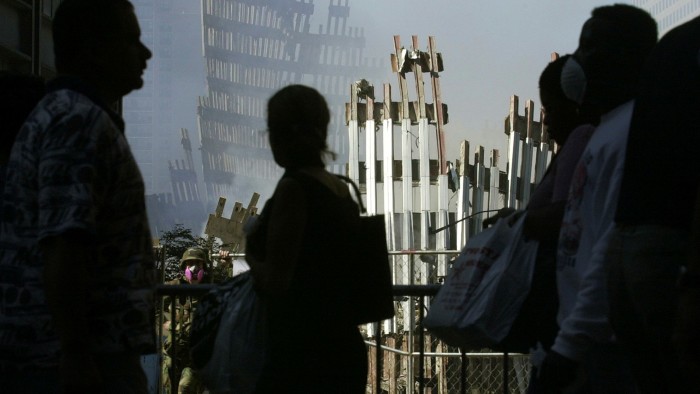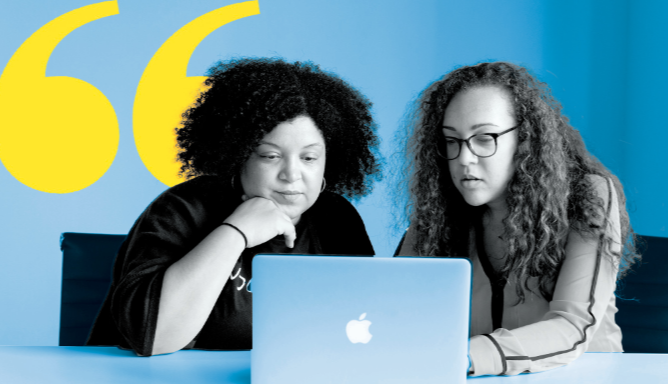The day after: how to respond to disaster — and how not to


Roula Khalaf, Editor of the FT, selects her favourite stories in this weekly newsletter.
On September 12, 2001, cutting short my holiday on Cape Cod, I got up at dawn to catch a train back to Manhattan. During the preternaturally quiet journey towards the smouldering city, I drew up a lengthy plan to restructure editorial coverage.
As this paper’s New York bureau chief, I reckoned the aftermath of the attacks on the World Trade Center would dominate the rest of my tenure. I planned to reshape my team to report on the terror threat and possible follow-up attacks, urban regeneration, and the financial and social consequences of the atrocity.
“Day-after” planning is fraught with danger, though. In the wake of disaster, leaders’ judgment and risk perceptions are skewed, pre-crisis ways of operating are disrupted, and shocked staff are disengaged. “Work inhibition” was one symptom noted by therapists who advised organisations after 9/11. It is already a problem as companies look for a way out of the pandemic.
“Sometimes the reaction [to an event] is worse or more long-lasting than the event itself,” says Timothy Devinney of Alliance Manchester Business School, who is working on a study of the pre-pandemic risk assumptions of big companies with colleague Dimitrija Kalanoski. An obvious geopolitical example of this effect just unfolded in Afghanistan, as the US and allies messily unwound the campaign against the Taliban that had started within weeks of al-Qaeda’s murderous assault on the US.
The New York bureau did cover the areas I had identified in the months and years that followed the September 11 attacks, the personal impact of which still lingers for me and many. But my radical day-after blueprint to reallocate reporters was misguided. Thank goodness, further terrorist hits on New York were thwarted or never materialised. Within three months, I was spending more time exploring corporate governance, regulatory reform, and the implications of the largely unheralded Enron fraud than writing about terrorism.
Doing nothing or trying to do the same as before, also has its perils, however. “Organisations quickly forget things”, says Jennifer Oetzel of the American University in Washington DC.
After a disaster, individuals often want to revert to the old norms. New recruits lack institutional memory. We have the collective amnesia of the financial sector to thank for successive crises. As I discovered in 2001, future events rarely match those envisaged by strategists, even if scenario-planning is useful in helping companies feel their way through uncertainty.
Very few companies built pandemics into their risk planning before 2020, Devinney has found. Most are likely to mention it next time they prepare their risk register, because, as humourist Mark Twain wrote: “A man who carries a cat by the tail learns something he can learn in no other way”. It would be reckless of organisations not to embed such lessons for future use.
One way is to encourage greater collaboration between affected businesses. Oetzel and fellow academic Chang Hoon Oh, now at the University of Kansas, used Twain’s maxim as the epigraph to a 2014 paper, the first large-scale empirical study of how businesses develop unique capabilities and response strategies for managing risk after catastrophes, from tsunamis to terror attacks.
In a paper in the Strategic Management Journal, the same duo found managers operating in places prone to “high-impact, low frequency [natural] disasters” tended to learn from others affected. In areas where low-impact disasters were more frequent, managers tended to go it alone. This second group risked becoming complacent, misjudging the possible severity of future crises and preparing inadequately.
Oetzel agrees the day after a calamity is too soon to shift strategy. But it is not too soon to start documenting what was learnt during the disruption. She favours automatically opting organisations into collaborative discussions of preparedness and recovery so managers cannot make the mistakes they might working alone. Companies with long memories of how they responded to disasters gain an important competitive advantage, she told me.
Such benefits seem to apply irrespective of the type of disaster suffered. A number of managers I spoke to last year about their response to the pandemic said they had drawn on the lessons of the past financial crisis, or 9/11. Managers who remember how they handled the disruption of coronavirus may prove more capable of tackling the direct impact of climate change. And by favouring flexible preparedness over rigid planning, they should also avoid the day-after mistakes I made 20 years ago on that train towards Ground Zero.
Twitter: @andrewtghill
The return to the office

We want to hear from readers about plans for returning to their workplace. Are you under pressure to go back or are you looking forward to seeing colleagues? Tell us about your plans via this survey.
Comments